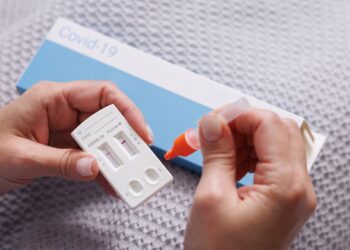ROCHESTER, Minn. — A recent Mayo Clinic study examining the effects of daylight saving time (DST) on heart health suggests that the impact is likely minimal.
In the nationwide study, researchers applied an advanced statistical model to look for any connections between DST and serious cardiovascular problems, including heart attacks and strokes. The study looked at 36,116,951 adults aged 18 and up across most U.S. states. (Arizona and Hawaii were excluded since these states do not observe DST.)
Researchers focused on the week directly after the spring and fall DST transition, when clocks are set either an hour forward or backward.
“We looked at five years across the U.S., and what we found is that it’s unlikely that there is a clinically meaningful difference in cardiovascular health due to daylight saving time,” says Benjamin Satterfield, M.D., Ph.D., a cardiovascular diseases fellow and lead author of the study.
Researchers found 74,722 adverse cardiovascular events occurred throughout the study during the spring and fall DST transition. An adverse cardiovascular event was documented when a person was hospitalized with a primary diagnosis of a heart attack, stroke, cardiogenic shock or cardiac arrest.
“These cardiovascular events are common health conditions, so this led to the question of whether this is more than would be expected if this had not followed the daylight saving time transition,” says Dr. Satterfield.
The observance of daylight saving time varies around the world. Countries that move clocks forward or back one hour may do so on different dates, and some do not observe daylight saving time at all.
In the Mayo Clinic study, the Monday and Friday following the spring DST transition showed a statistically slight increase in the rates of cardiovascular events — but when looking at all the data, researchers did not see the rise as clinically significant, he said.
Researchers…
Read the full article here







